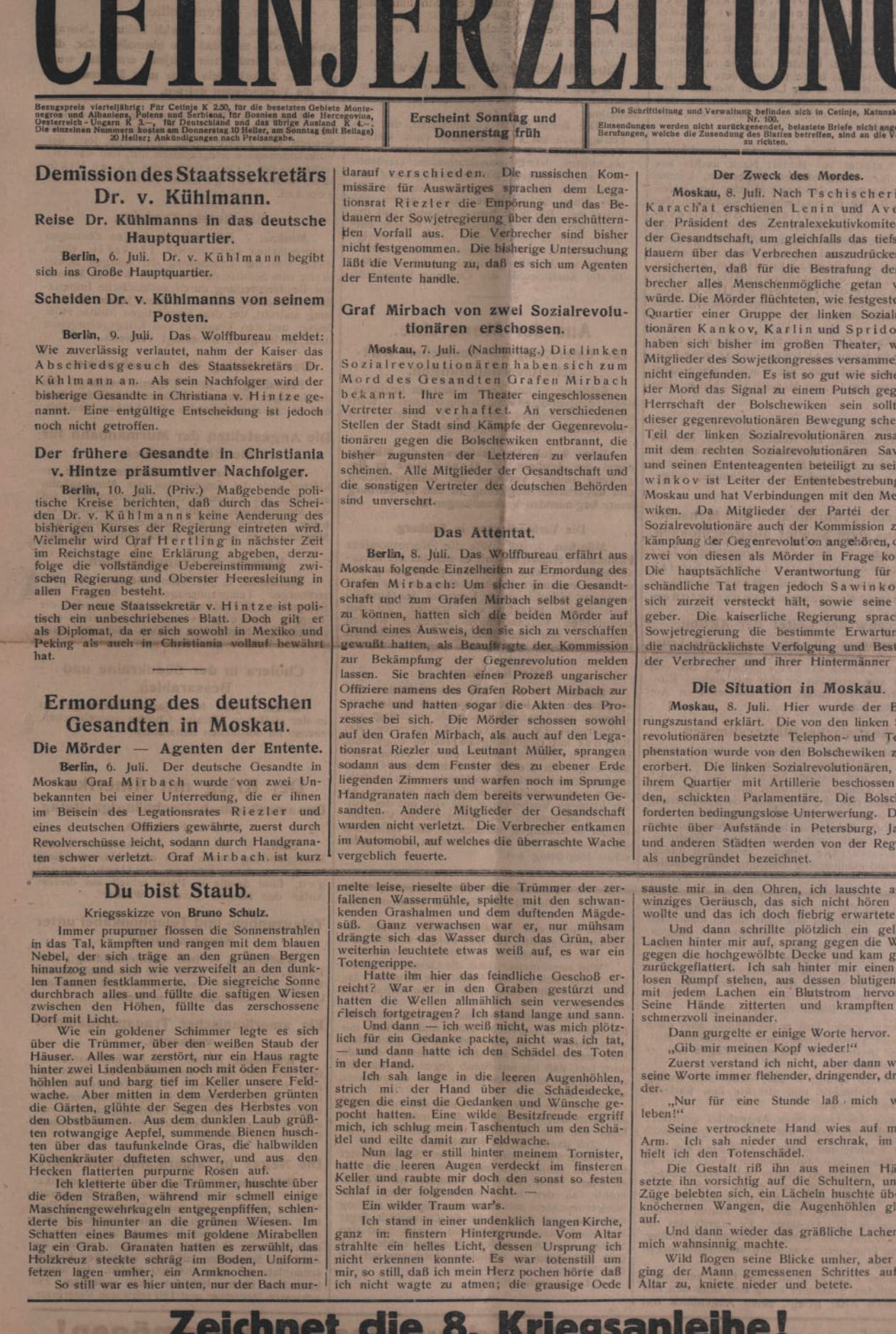Polish Kafka? O pewnym stereotypie anglojęzycznej recepcji Schulza
DOI:
https://doi.org/10.26881/sf.2020.15.02Słowa kluczowe:
Bruno Schulz, Franz Kafka, anglojęzyczna recepcja, wpływ literacki, literacka legendaAbstrakt
The paper revisits a popular trope of the anglophone reception of the work and figure of Bruno Schulz, offering an overview of its history based on examples from literary criticism and paratextual framing since the first edition of Celina Wieniewska’s translation in 1963 to the present. It is argued that although in the beginning the mentions of Kafka naturally had a marketing potential, helping to introduce a then unknown author to Englishspeaking readers, the analogy was not used in a cynical or superficial way, nor was Schulz ever presented as Kafka’s poor relative. Its early proponents (Isaac Bashevis Singer, Cyntha Ozick, and Philip Roth) genuinely believed in Schulz’s affinity with Kafka and the Central European Jewish tradition at large. At least since the early 1990s, Schulz has been listed on a par with Kafka, other high modernists, and other eminent authors from the Austro-Hungarian Empire, often becoming a point of reference for reviewers of translated fiction. If the phrase “Polish Kafka” still sometimes appears in this shorthand form, it is usually presented as a cliché and/or critically elaborated. In contrast to the contemporary understanding of “Polish Kafka” in Poland as almost an evocation of an inferiority complex, in the anglophone realm the comparison to Kafka has been an expression of bona fide admiration for Schulz.

 Uniwersyteckie Czasopisma Naukowe
Uniwersyteckie Czasopisma Naukowe





